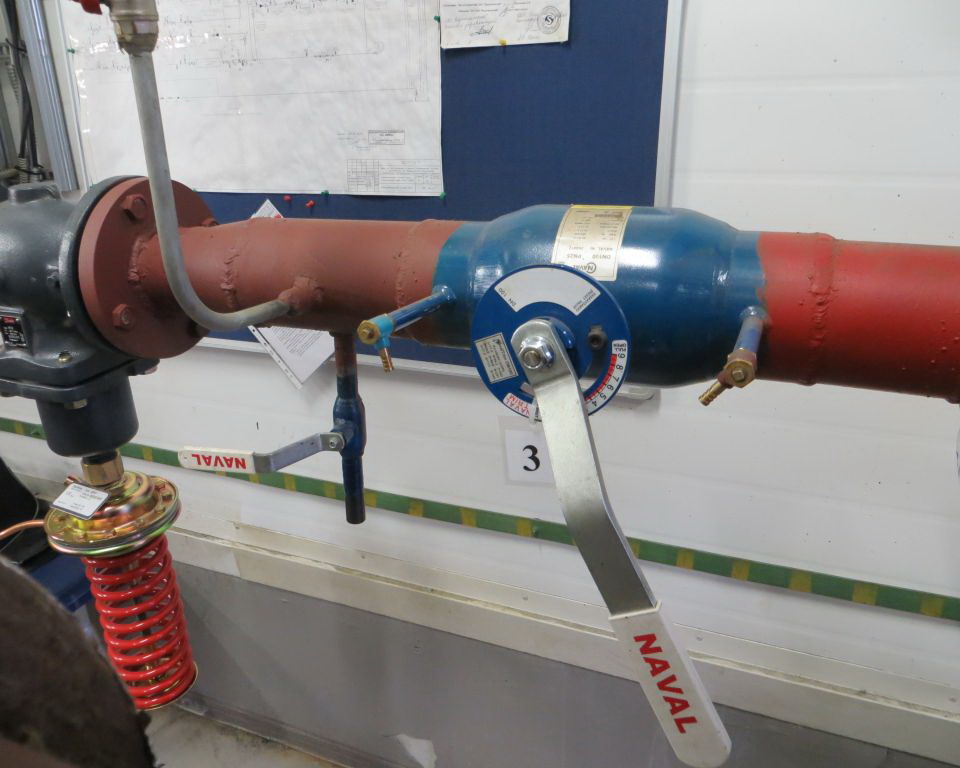Please do not block ads on our site. Clicks on ads help us exist, grow and become more useful for you!
Maintenance of ball valve
- To avoid abrasive wear of the shutter, it is not allowed to operate the ball valve with a partially open shutter. The valve must be either fully open or fully closed.
- The working medium should not contain solid impurities that could damage the polished surface of the ball. If the presence of solid particles in small amounts is possible, it is recommended to install a mesh filter before the ball valve.
- It is not allowed to use levers that extend the factory handle to operate the valve.
- To avoid hydraulic shocks, the opening and closing of the valve should be done slowly.
- The pressure and temperature at the installation site of the ball valve should not exceed the working pressure. For most valve designs, it is not allowed to operate with the simultaneous occurrence of the maximum temperature and nominal pressure.
- To avoid sticking of the shutter during operation, the ball valve should be opened and closed periodically.
- It is recommended to clean the ball valve from dust and rust every six months, and tighten the threaded connections if necessary.
- During hydraulic testing, all ball valves, except for drainage and shut-off elements, should be fully open.
- During system drainage with the risk of freezing, the ball valves should be opened and closed several times to completely remove the water. If the ball valve was closed during drainage, the remaining water in the flow section of the ball could freeze and rupture the body.
- It is not allowed to carry out repairs or maintenance on a pressurized valve without first draining the section.
question : comment : feedback
314
 Catalog of
Catalog of of ball valves
2035
Genebre
Genebre
JIP-WW
Danfoss
Danfoss
670
IVR
IVR
100
Vexve
Vexve
104
Vexve
Vexve
Ballomax - Full bore
Broen
Broen
Ballomax - Reduced bore
Broen
Broen
KPT DU
Polix
Polix
KPT RU
Polix
Polix
КШ.Ц.П - ПП
LD
LD
КШ.Ц.П - СП
LD
LD
11с31п
Breeze
Breeze
11с37п
Breeze
Breeze
1270
FAF
FAF
add your product to the catalog
discontinued
LD-WW
Danfoss
Danfoss
690
IVR
IVR
Naval
Naval
Naval
Naval с редуктором
Naval
Naval
11с67пСП
Маршал
Маршал
11с67пЦП
Маршал
Маршал
11с35п Breeze
Breeze
Breeze








